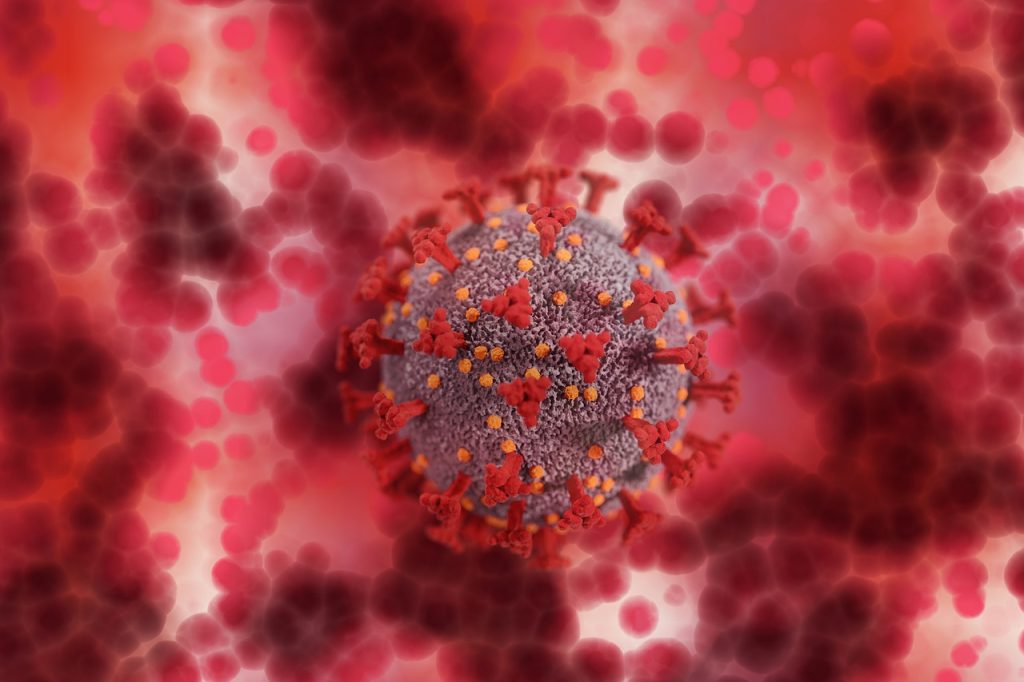Existing COVID Vaccines Trigger Lasting T Cell Response

Scientists have found that four COVID vaccines (Pfizer-BioNTech, Moderna, J&J/Janssen, and Novavax) prompt the body to make effective, long-lasting T cells against SARS-CoV-2. These T cells can recognise SARS-CoV-2 Variants of Concern, including Delta and Omicron.
The new study, published in Cell, showed that the vast majority of T cell responses are also still effective against Omicron, reducing the odds of illness for up to six months, regardless of vaccine.
These data come from adults who were fully vaccinated, but not yet boosted. The researchers are now investigating T cell responses in boosted individuals and people who have experienced “breakthrough” COVID cases.
The study also shows that fully vaccinated people have fewer memory B cells and neutralising antibodies against the Omicron variant. This finding is in line with initial reports of waning immunity from laboratories around the world.
Without enough neutralising antibodies, Omicron is more likely to cause a breakthrough infection, and fewer memory B cells means a slower production of more neutralising antibodies.
Co-first author Camila Coelho, PhD, said: “Our study revealed that the 15 mutations present in Omicron RBD can considerably reduce the binding capacity of memory B cells.”
Neutralising antibodies and memory B cells are only two arms of the body’s adaptive immune response. , T cells do not prevent infection, rather they patrol the body and destroy cells that are already infected, which prevents a virus from multiplying and causing severe disease.
The team believes the “second line of defence” from T cells helps explain Omicron’s reduced severity in vaccinated people. The variant also appears to infect different tissues.
To know whether the vaccine-induced T cells they detected in their study were actually effective against variants such as Delta and Omicron, the scientists took a close look at how the T cells responded to different viral “epitopes.”
Every virus is made up of proteins that form a certain shape or architecture. A viral epitope is a specific landmark on this architecture that T cells have been trained to recognise. Current COVID vaccines were designed to teach the immune system to recognise specific epitopes on the initial variant of SARS-CoV-2, specifically targeting the Spike protein which the virus uses to access human cells. As the virus has mutated, its architecture has changed, and the concern is that immune cells will no longer recognise their targets.
The new study shows that while the architecture of Omicron is different enough to evade some neutralising antibodies and memory B cells, memory T cells still do a good job of recognising their targets, even on the highly mutated Omicron variant. Overall, at least 83 percent of the CD4+ (helper) T cell responses and 85 percent of the CD8+ T cell responses stayed the same, no matter the vaccine or the variant.
The memory B cells that do bind Omicron are likely to also contribute to protection against severe disease, forming multiple lines of defence.
Researchers are now focusing on measuring T cells, B cells and antibody responses after COVID booster shots, and also characterising immune responses after a breakthrough infection.
Source: La Jolla Institute

